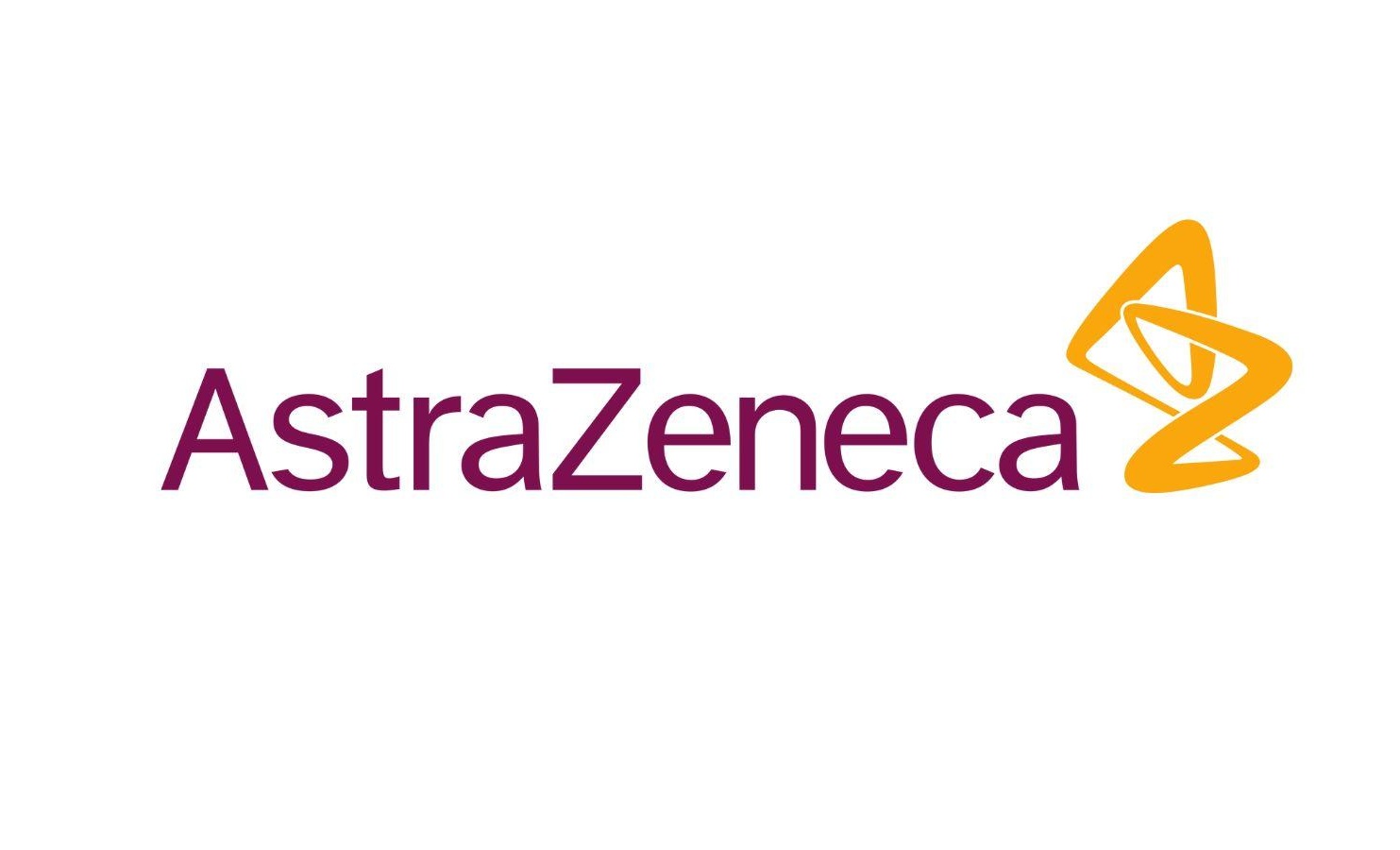
The planned R&D hub in Beijing will be AstraZeneca's second in China and sixth globally. The facility is expected to focus on early-stage research and clinical development, incorporating an artificial intelligence and data science laboratory. This initiative is projected to increase the company's workforce in Beijing from approximately 1,100 to 1,700 employees over the next five years.
In addition to the R&D center, AstraZeneca has entered into collaborations with several Chinese biotech firms. Notably, the company has partnered with Harbour BioMed and Syneron Bio to advance drug development efforts. Furthermore, a joint venture with BioKangtai has been established to develop, produce, and market vaccines for respiratory and other infectious diseases. These partnerships are part of AstraZeneca's broader strategy to enhance its footprint in China's burgeoning biopharmaceutical sector.
This substantial investment comes at a time when AstraZeneca is under scrutiny from Chinese authorities. Investigations are reportedly focused on allegations of medical insurance fraud, illegal drug importation, and breaches of personal information. The company's China president, Leon Wang, has been detained in connection with these probes, and several current and former employees are also under investigation. Despite these challenges, AstraZeneca's CEO, Pascal Soriot, has emphasized the company's long-term commitment to China, stating that the investment reflects confidence in the country's life sciences ecosystem and the opportunities for collaboration.
China represents a significant market for AstraZeneca, contributing approximately 12% of the company's global revenue. The decision to invest heavily in Beijing aligns with the firm's objective to double its global revenue and introduce 20 new medicines by 2030. By deepening its engagement with local biotech companies and expanding its R&D capabilities, AstraZeneca aims to navigate the complexities of the Chinese market and foster innovation in drug development.
Topics
World
